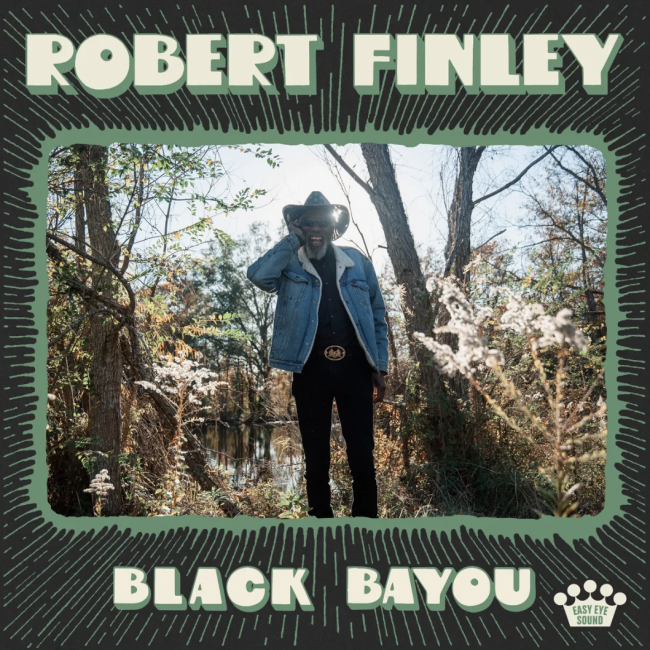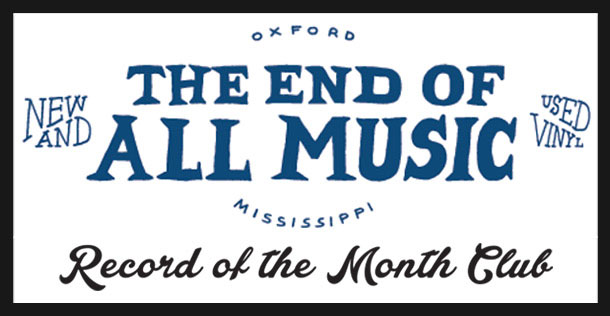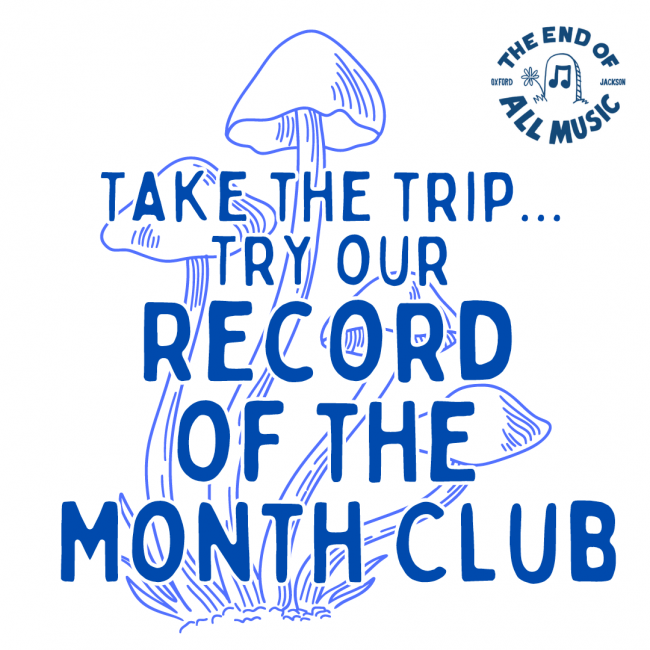“I’m not interested in living in no big city,” Robert Finley says. “There’s good places here for hunting and fishing. I can fall asleep in my yard or sleep out on my porch, and nobody’s gonna bother me. Nothing bad is gonna come and get me.”
The Record of the Month Club pick for October is Robert Finley latest album, Black Bayou, dropping on October 27th via Easy Eye Sound. Due to Finley’s legal blindness the album art also contains braille.
Club Members will be getting a copy of the Indie Exclusive LP pressed on olive green and black splatter vinyl. We’ll also be giving a few lucky Club Members an autographed poster! Sign up now to get this month’s LP!
Finley recorded Black Bayou at producer Dan Auerbach’s Easy Eye Sound Studio in Nashville. It’s the fourth time the duo have worked together, although for this record they did things a little differently. Rather than write songs beforehand, they devised everything in the studio, with Auerbach leading a band of some of the finest players around: drummers Patrick Carney and Jeffrey Clemens, bassist Eric Deaton, guitarist Kenny Brown, and vocalists Christy Johnson and LaQuindrelyn McMahon—who just happen to be Finley’s daughter and granddaughter. They worked quickly, devising their parts spontaneously and usually getting everything in one take. “I started singing, and they started playing,” Finley explains. “That’s how we made the album. It wasn’t written out. Nobody used a pencil and paper. We just sang and played together in the studio.”
Together, the group of musicians created a vivid collection of songs that depict life in North Louisiana, with Finley playing the role of charismatic and knowledgeable tour guide through these swamps and forests. He was born in Winnsboro, but has spent most of his life in Bernice, a small town of about 1,600 souls just thirty miles from the Arkansas border. For years he worked as a carpenter while playing blues in juke joints and singing gospel in churches around the region. Mixing in southern soul, heavy rock, swamp pop, jazz, folk, and anything else that crosses his mind, Finley developed and refined an exuberant and omnivorous playing style. At age 60, however, he lost his sight due to a medical condition—a tragedy that ended his woodworking business but gave him more time to devote to music.
“I was raised here, and I wanted to do something good for this place. I wanted to show what life’s like around here. A lot of people in the city, they’ve never been to a swamp or seen a live gator. They’ve never eaten gator meat. They don’t know anything about this place, so I want to show them.” – Robert Finley






























